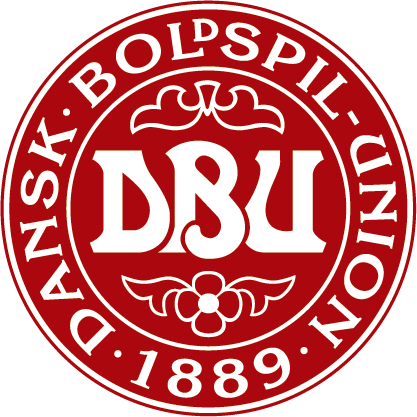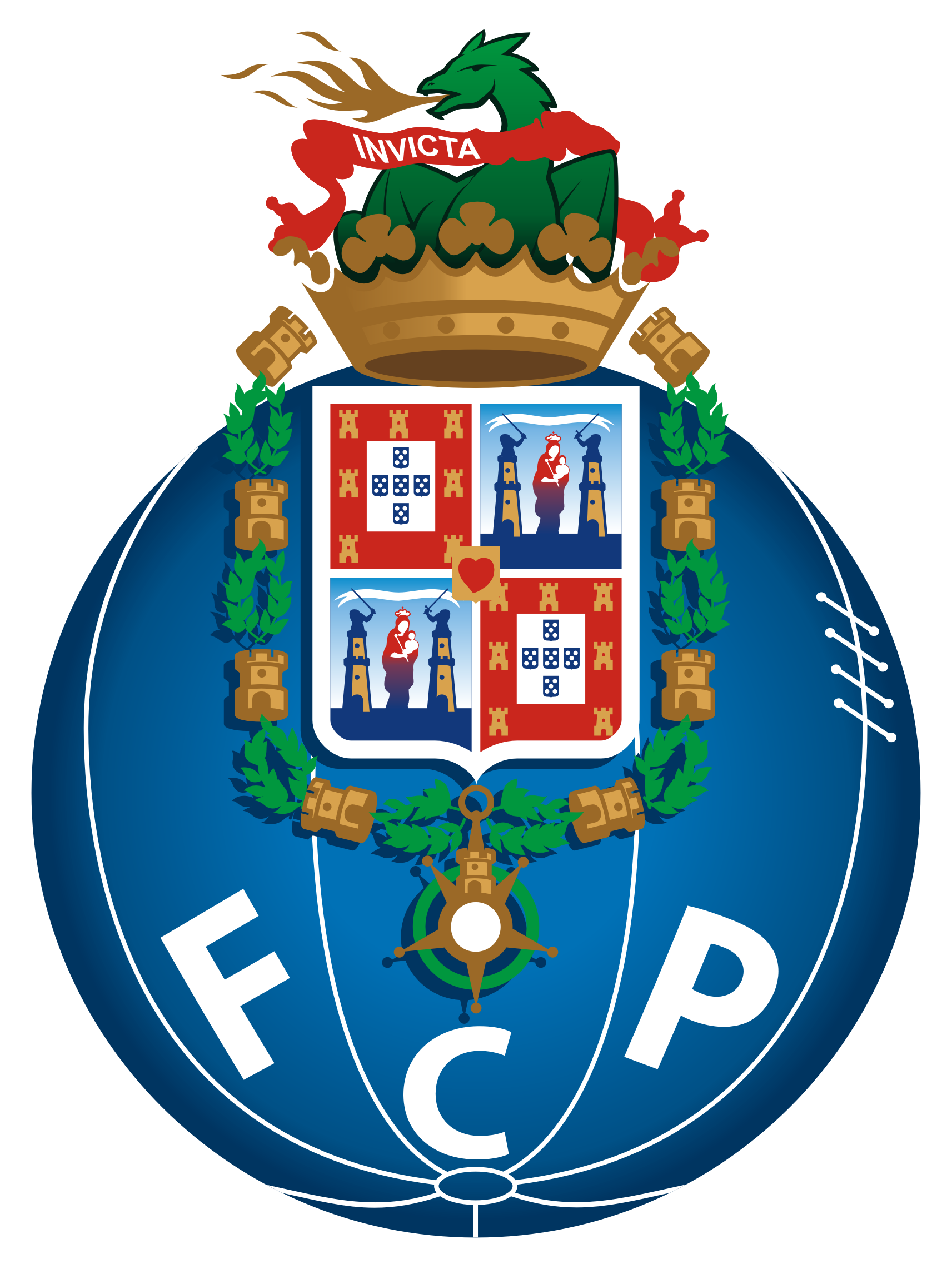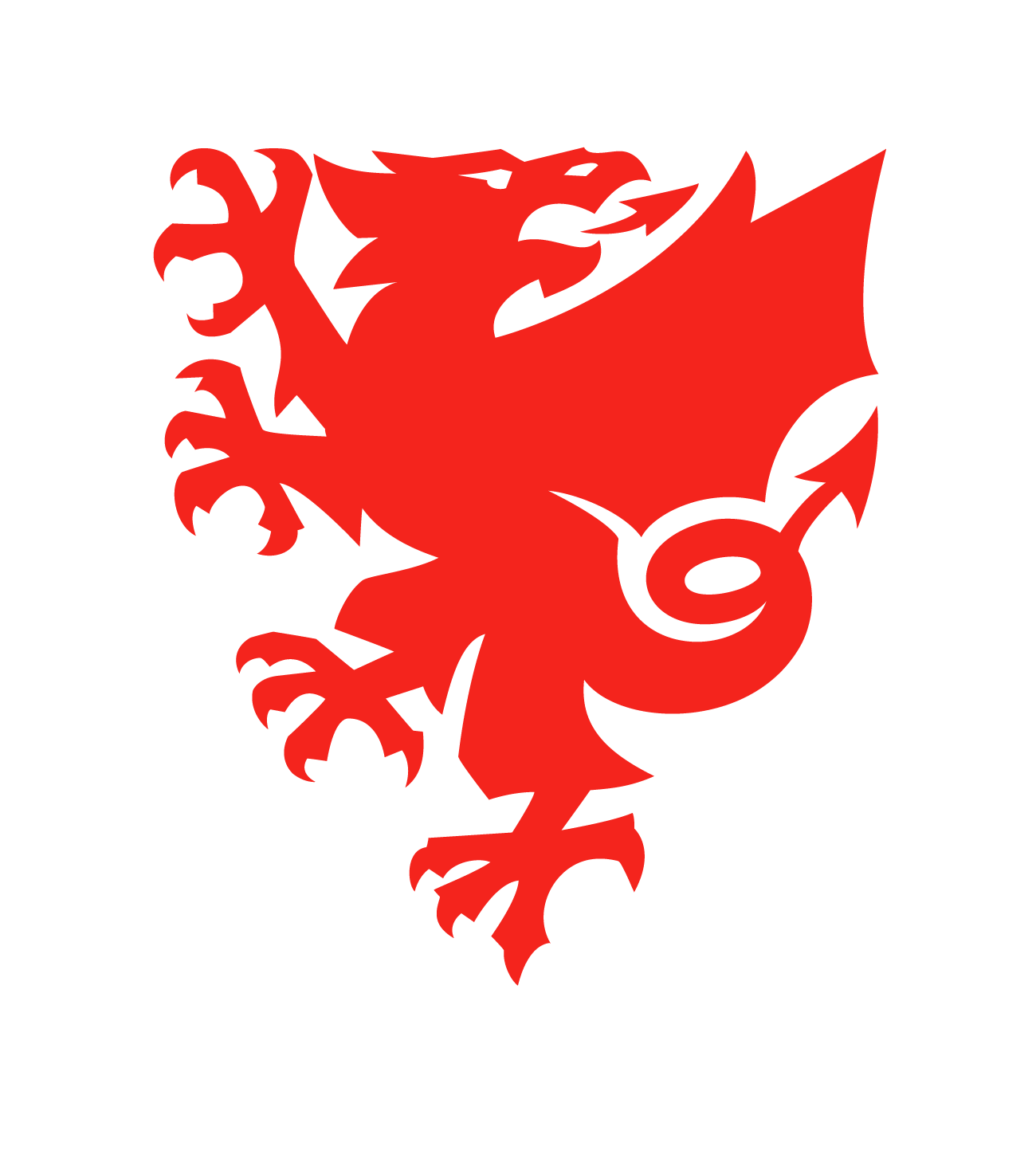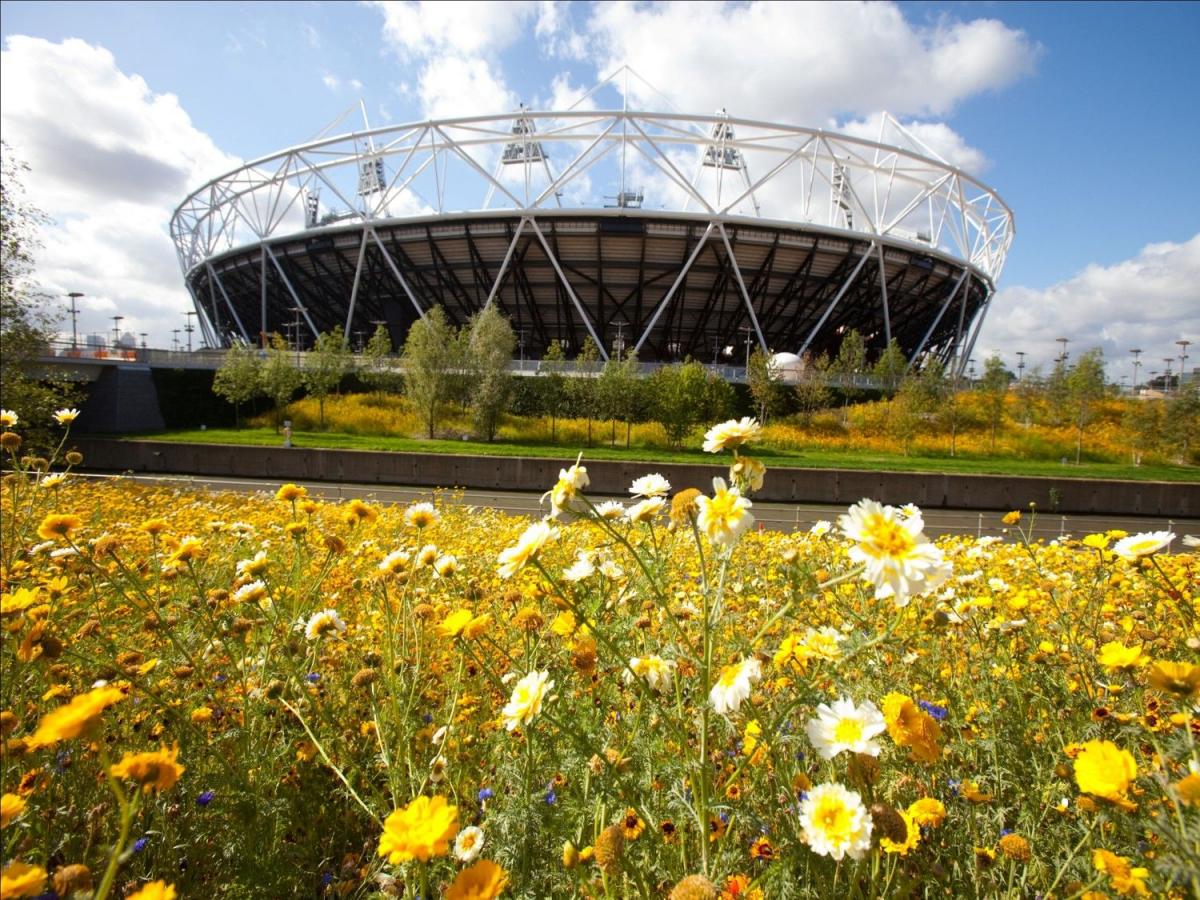Sports contribution to nature conservation, ecosystems and biodiversity discussed during the ACCESS’ 4th webinar episode
A topic that doesn’t necessarily comes to one’s mind when environmental management in sports is discussed, but when put in the bigger picture, natural environment, ecosystems and biodiversity can be affected as much as other environmental aspects such as resource use, waste production, air pollution or energy and water consumption.
The webinar, held on 15 March, wanted to reflect not only at individual nuisances, threats and impacts but also allow sport organisations, as well as local and regional authorities, venue owners and other stakeholders to understand how to address, measure and prevent those negative impacts. While the general conclusions, shared by many speakers, was that sports and nature need to go hand in hand and potential degradation of certain ecosystems can severely affect certain sports, namely water and winter sports and other sports in the great outdoors.
In order to provide the most suitable and relevant input and content, the webinar managed to gather some of the leading campaigners, experts and practitioners in this field. The obvious choice for opening the webinar was the International Union for Conservation of Nature (IUCN) with Jana Janotova and Loredana Scuto. They provided a comprehensive overview of the problems, negative impacts and challenges that various stakeholders must be aware of through linking the existence of certain sports with the health of different ecosystems.
An important part of the webinar was also the presentation of their co-owned (with the IOC) imitative and campaign “Sports for Nature” which is already gathering 55 different national olympic associations, various sport federations and individual clubs.
From the academic perspective, Alessio Novi of the Sant’Anna School of Advanced studies provide some insight in a new project of theirs, which want to produce user friendly tools for measuring ecosystem service values and biodiversity impacts of sport organisations.
Two more speakers joined from Ireland, Míde Ní Shúilleabháin on behalf of the ACCESS project partner, the GAA and Barry Nolan, a wildlife expert who has extensive experience with planning and implementing biodiversity projects in sports grounds and many different contexts. The two of them provided a fair dozen of individual practices, installations, features and approaches which contribute to a more ecosystem-friendly staging of events and day-t-day operations.
Photo credit. IOC















